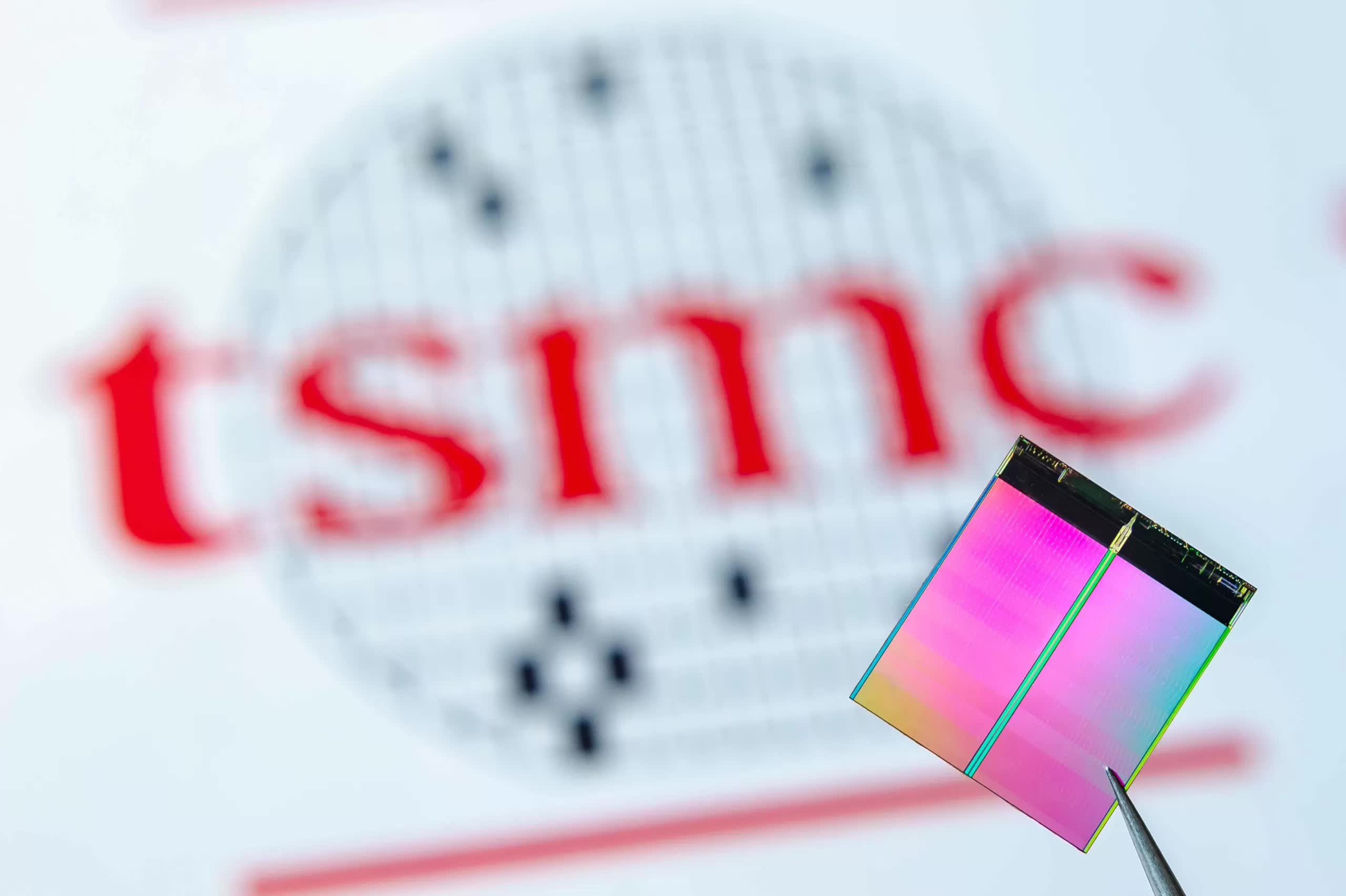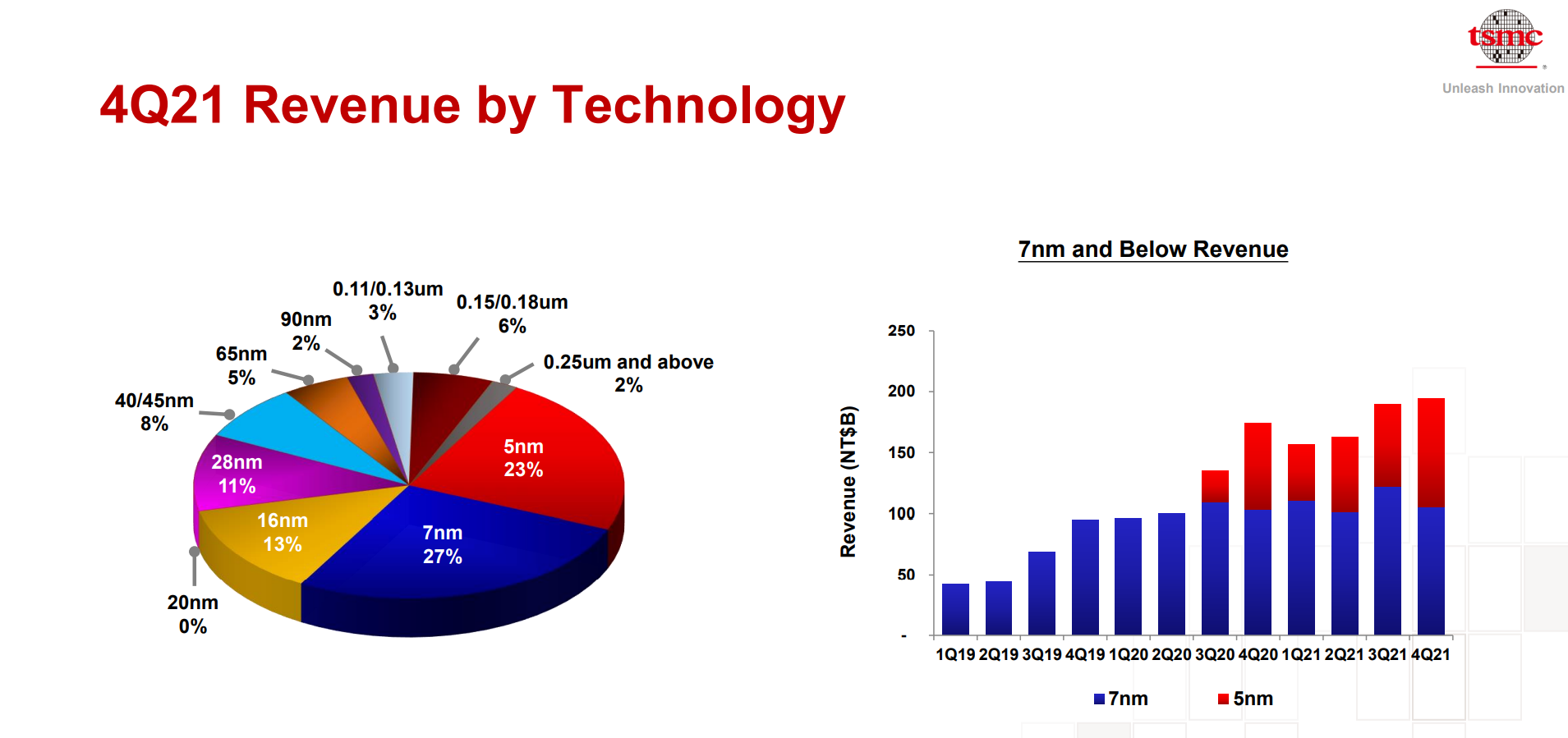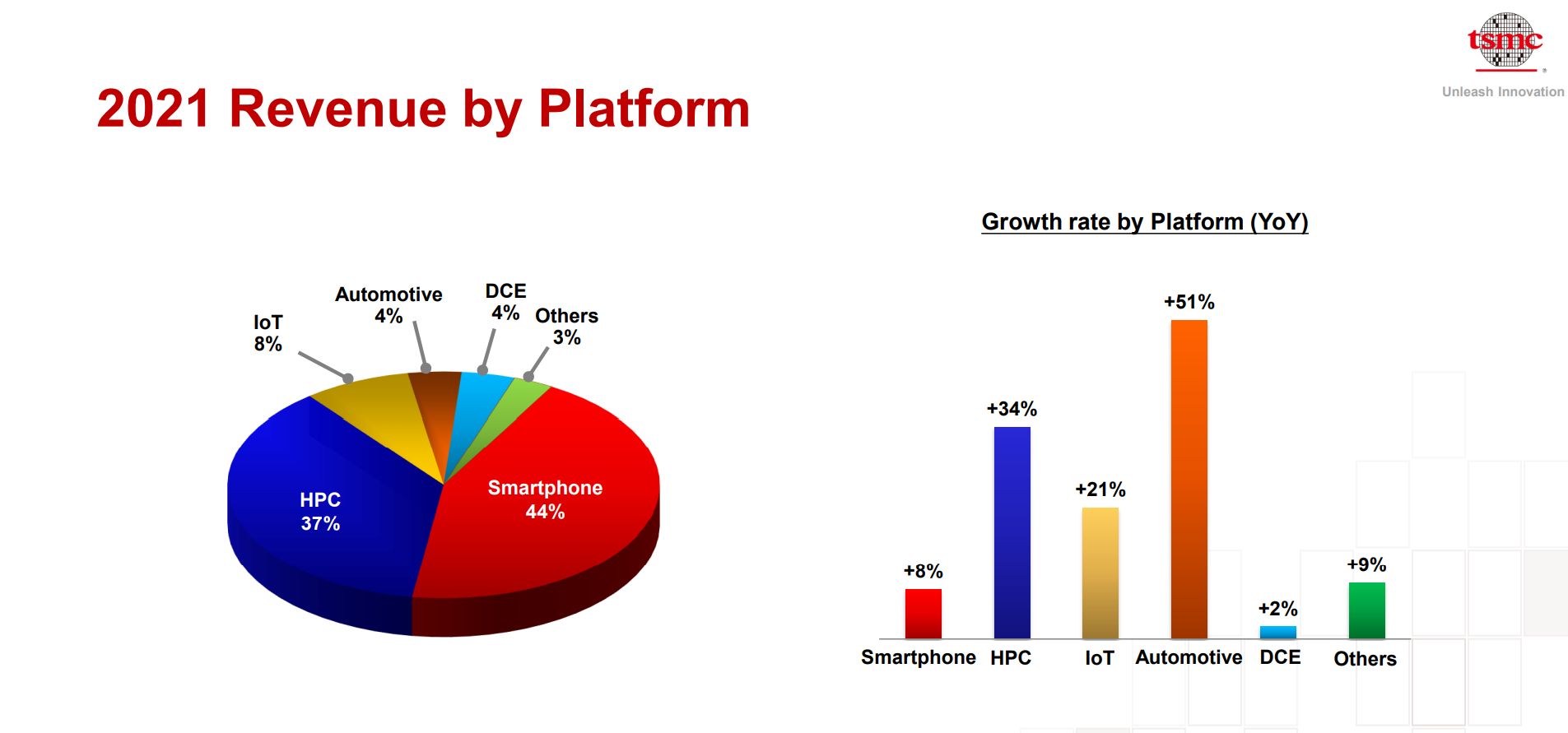What just happened? The chip shortage might be bad news for consumers, but it's not a depressing time for the likes of TSMC. The chipmaker reported record quarterly profits today, raised growth projections, and announced it would spend $40 billion to $44 billion on upgrading capacity in 2022.
The unprecedented demand for components means that chip manufacturers have their orders full and are struggling to meet demand. As a result, TSMC's revenue was up 24.1% to $15.74 billion in Q4 2021, while net profit jumped to T$166.2 billion ($6.01 billion) from T$142.8 billion a year earlier, beating analysts' expectations.
The company's bottom line is expected to be just as healthy during Q1 2022. It predicts sales of $16.6 billion to $17.2 billion in the first quarter, at least 5% more than estimates.
It appears that TSMC doesn't envision demand for chips slowling down over the next few years. The company says it plans to invest heavily in new fabs in different regions, spending $40 billion to $44 billion expanding and upgrading capacity in 2022. Bloomberg reports that the figure is $10 billion more than what it spent last year and 43% higher than the $25 billion to $28 billion Intel plans to spend on chip manufacturing in 2022.
TSMC Chief Executive C. C. Wei told an online earnings briefing (via Reuters) that the chipmaker is entering a period of higher structural growth. The company expects the "multi-year industry megatrend" of high chip demand to be boosted by new technologies and has raised its annual growth rate targets to 15% - 20% from 10% - 15%. Wei added that any risk of oversupply in the coming years would be mitigated by the increase in demand for tech products such as electric cars.
"Even if a correction were to occur, we believe it could be less volatile for TSMC due to our technology leadership position and the structural megatrend," Wei said.
The chip shortage is still impacting prices and availability of GPUs, SSD controllers with a PCIe 3.0 interface, DDR5 RAM, consoles, vehicles, laptops, and common household appliances. It's even caused Sony to increase PS4 production due to nobody being able to buy a PS5.
But there have been some positive signs recently. Graphics card makers, including Gigabyte, Asus, MSI, and ASRock, are expecting shipments to increase this year as mining demand wanes thanks to Ethereum's upcoming shift from a proof-of-work mechanism to proof-of-stake. Moreover, material shortages for PCs actually started alleviating in November 2021. The chip crisis might be around for a while yet, but we should start seeing supply and demand even out a little in the near future.


